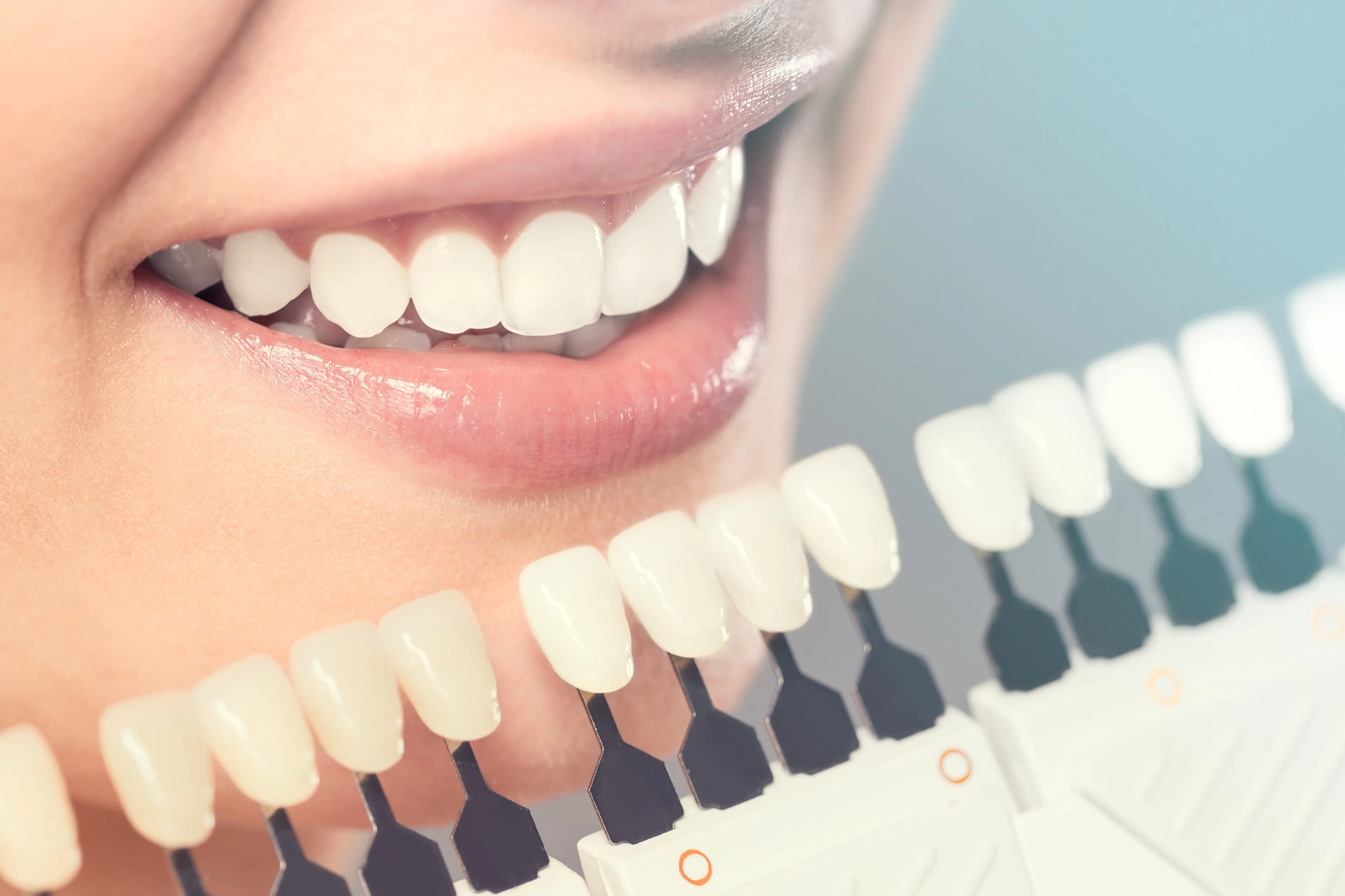How to Maintain Your Teeth After Cosmetic Dentistry Treatments



Maintaining your teeth after cosmetic dentistry is essential to protecting your investment and keeping your smile healthy and beautiful. Whether you have had veneers, dental bonding, crowns, or professional whitening, these treatments require special care beyond daily brushing and flossing. Fortunately, the proper routine can help your results last for many years.
As a Dentist in Chaska, we often guide patients through the post-treatment phase, helping them avoid unnecessary damage and enjoy long-term benefits. This guide will provide you with practical, dentist-approved strategies to extend the lifespan of your cosmetic treatments and promote Happy, Healthy Smiles.
Consistent at-home oral hygiene is the most important factor in preserving your cosmetic dental work. Although restorations such as veneers and crowns are made from durable materials, they are still vulnerable to buildup and staining if neglected.
Brush twice daily with a soft-bristled toothbrush and non-abrasive toothpaste. Floss at least once a day to remove plaque between the teeth and under the gumline. For patients with dental bonding or porcelain restorations, it is recommended to avoid whitening toothpastes, as they can be too harsh and cause micro-scratches.
Many Dentist Chaska patients benefit from adding an alcohol-free fluoride mouthwash to their routine, which strengthens enamel and helps fight decay without damaging restorations.
Cosmetic treatments can brighten and perfect your smile, but certain habits can compromise your results. Teeth whitening, in particular, is highly susceptible to staining over time.
Limit the consumption of:
Use a straw when drinking pigmented beverages to reduce contact with your front teeth. Rinse your mouth with water after meals and brush as soon as possible to minimize staining.
Patients who smoke may notice faster discoloration or gum irritation around veneers or crowns. Quitting tobacco improves not only your cosmetic results but also your overall oral and general health.
Cosmetic dentistry can restore function and beauty, but your restorations are not indestructible. Habits like teeth grinding (bruxism) or nail-biting can chip or wear down veneers and bonded teeth.
Protect your smile by:
Athletes should also wear a mouthguard during sports activities to shield cosmetic restorations from impact or trauma. If you suspect you grind your teeth, speak with your Chaska Dentist about solutions that prevent long-term damage.
Routine checkups allow your dental team to monitor the condition of your cosmetic work and overall oral health. During these visits, your dentist will examine your teeth for signs of wear, gum recession, or decay under existing restorations.
Professional cleanings are vital. Hygienists use gentle techniques to remove plaque without damaging veneers or crowns. They also polish restorations with non-abrasive materials to maintain shine and color.
Dentist in Chaska patients who stay on a six-month schedule are more likely to catch issues early and preserve the results of their investment.
Some cosmetic treatments, such as bonding or whitening, may require periodic touch-ups to maintain a bright and uniform smile. Unlike porcelain veneers, dental bonding can stain over time. Whitening may fade depending on your diet and oral habits.
Your dentist can refresh bonding by smoothing and polishing the material or reapplying it as needed. Whitening maintenance can include professional treatments or customized take-home trays.
Discuss your long-term goals with your provider. Together, you can develop a plan that balances aesthetics, durability, and oral health.
What has helped you maintain your cosmetic dentistry results? Do you have questions about protecting your veneers or crowns? Share your experiences or reach out to us—we are here to help you enjoy a smile that lasts.
Cosmetic dentistry can transform your smile, but proper maintenance is key to ensuring those results last. With the proper habits and regular dental care, you can enjoy a confident, radiant smile for years to come.
At Chaska Family Dental, we are committed to helping you achieve and preserve Happy, Healthy Smiles. Whether you have just completed a smile makeover or are considering your options, our team provides personalized advice for every stage of the journey. If you are searching for a “Dentist Near Me” to support your cosmetic care, schedule a consultation with our office today.
How long do veneers last with proper care?
Veneers can last 10 to 15 years or longer when maintained with good hygiene and regular dental visits.
Can you whiten teeth that have bonding or veneers?
Whitening products do not affect the bonding or placement of veneers. Whitening should be done before treatment or touched up around existing restorations.
Is flossing safe around veneers and crowns?
Yes, flossing is essential and safe. Be gentle around the gumline and use a waxed or tape-style floss to prevent fraying.
Should I avoid certain foods after cosmetic dental work?
Yes. Avoid very hard, sticky, or highly pigmented foods to protect restorations from damage or staining.
What should I do if my veneer or crown feels loose?
Contact your dentist right away. Loose restorations can trap bacteria and lead to complications if not addressed promptly.